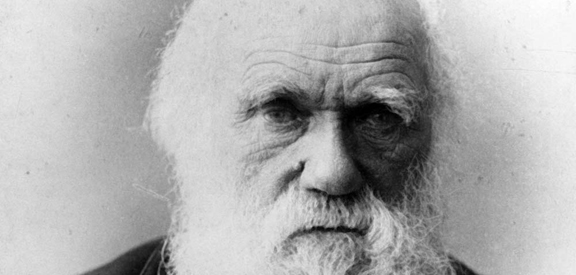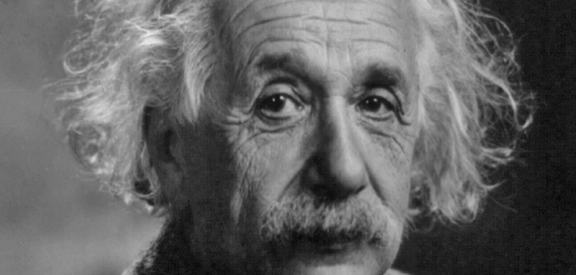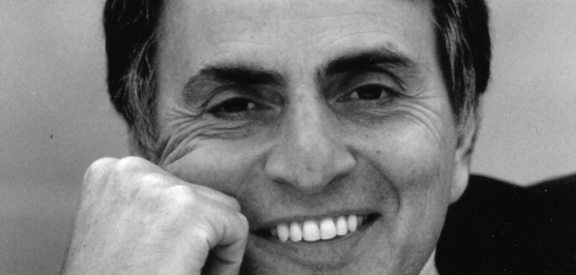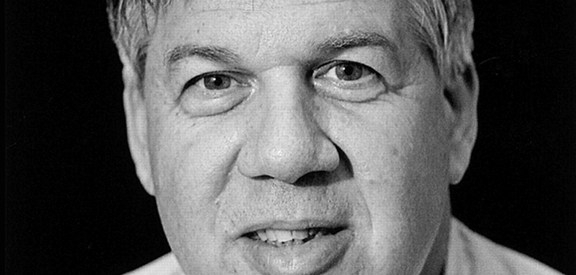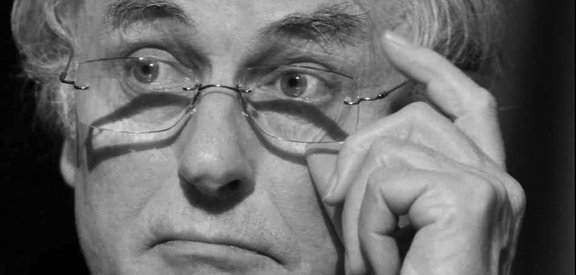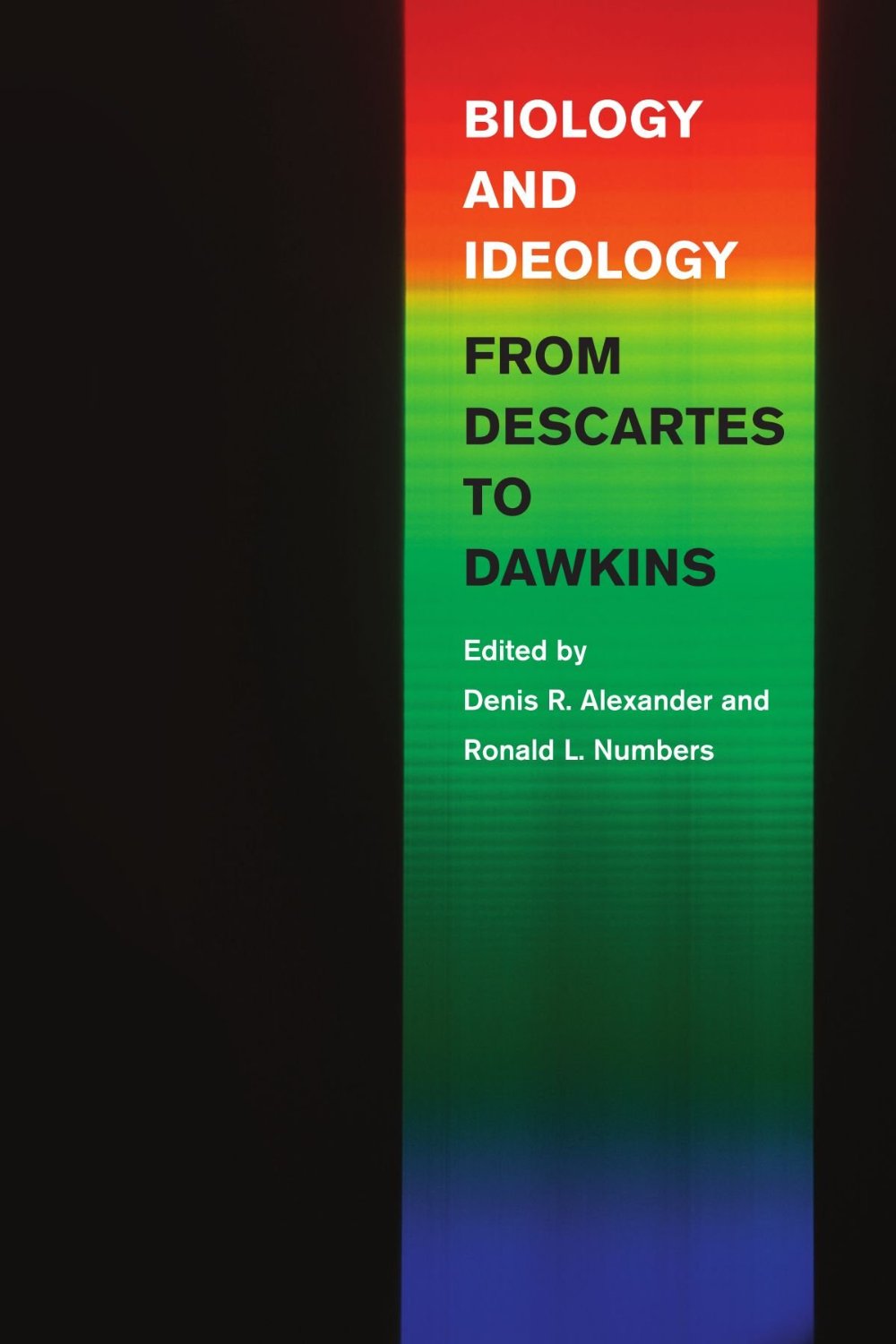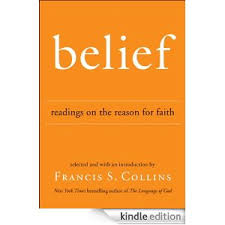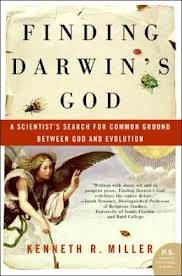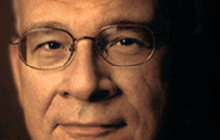English naturalist who founded the modern view of “evolution” as the process producing all life on our planet.
“But I own that I cannot see as plainly as others do, and I should wish to do, evidence of design and beneficence on all sides of us. There seems to me too much misery in the world. I cannot persuade myself that a beneficent and omnipotent God would have designedly created that a cat should play with mice.”
German-born theoretical physicist who developed the general theory of relativity.
“I do not believe in a personal God and I have never denied this but have expressed it clearly. If something is in me which can be called religious then it is the unbounded admiration for the structure of the world so far as our science can reveal it.”
“I have repeatedly said that in my opinion the idea of a personal God is a childlike one, but I do not share the crusading spirit of the professional atheist whose fervor is mostly due to a painful act of liberation from the fetters of religious indoctrination received in youth. I prefer an attitude of humility corresponding to the weakness of our intellectual understanding of nature and of our own being.”
American astronomer, popular author and educational television personality.
“The idea that God is an oversized white male with a flowing beard who sits in the sky and tallies the fall of every sparrow is ludicrous. But if by God one means the set of physical laws that govern the universe, then clearly there is such a God. This God is emotionally unsatisfying… it does not make much sense to pray to the law of gravity.”
American paleontologist, evolutionary biologist, and historian of science.
“The argument that the literal story of Genesis can qualify as science collapses on three major grounds: the creationists’ need to invoke miracles in order to compress the events of the earth’s history into the biblical span of a few thousand years; their unwillingness to abandon claims clearly disproved, including the assertion that all fossils are products of Noah’s flood; and their reliance upon distortion, misquote, half-quote, and citation out of context to characterize the ideas of their opponents.”
English ethnologist, evolutionary biologist and author.
“Religion is about turning untested belief into unshakable truth through the power of institutions and the passage of time.”
“The universe we observe has precisely the properties we should expect if there is, at bottom, no design, no purpose, no evil and no good, nothing but blind pitiless indifference.”
“Natural selection is the blind watchmaker, blind because it does not see ahead, does not plan consequences, has no purpose in view. Yet the living results of natural selection overwhelmingly impress us with the appearance of design as if by a master watchmaker, impress us with the illusion of design and planning. The purpose of this book [The Blind Watchmaker] is to resolve the paradox . . . further to impress the reader with the power of the illusion of design.”
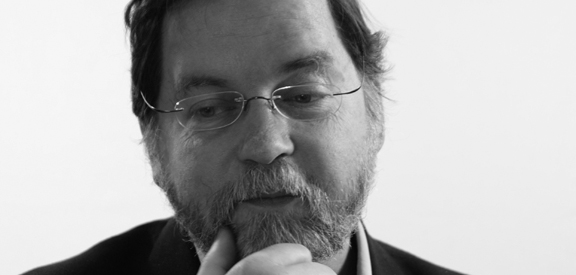 Paul Zachary “PZ” Myers (1957-)
Paul Zachary “PZ” Myers (1957-)
American scientist and biology professor at the University of Minnesota Morris (UMM) and the founder and co-author of the Pharyngula science blog.
“This does not mean that scientists can’t be religious. We can encompass irrational beliefs without regret and without obligation—I can, actually, look at my kids in a different way than I would an experimental subject under my microscope. I also do not pretend that I view my children rationally and objectively, untainted by emotion or history, and I’m not ashamed of that at all. So, a scientist should have no problem demanding one standard of logic and evidence in the lab, and dropping that demand when they go to church on Sunday.”



